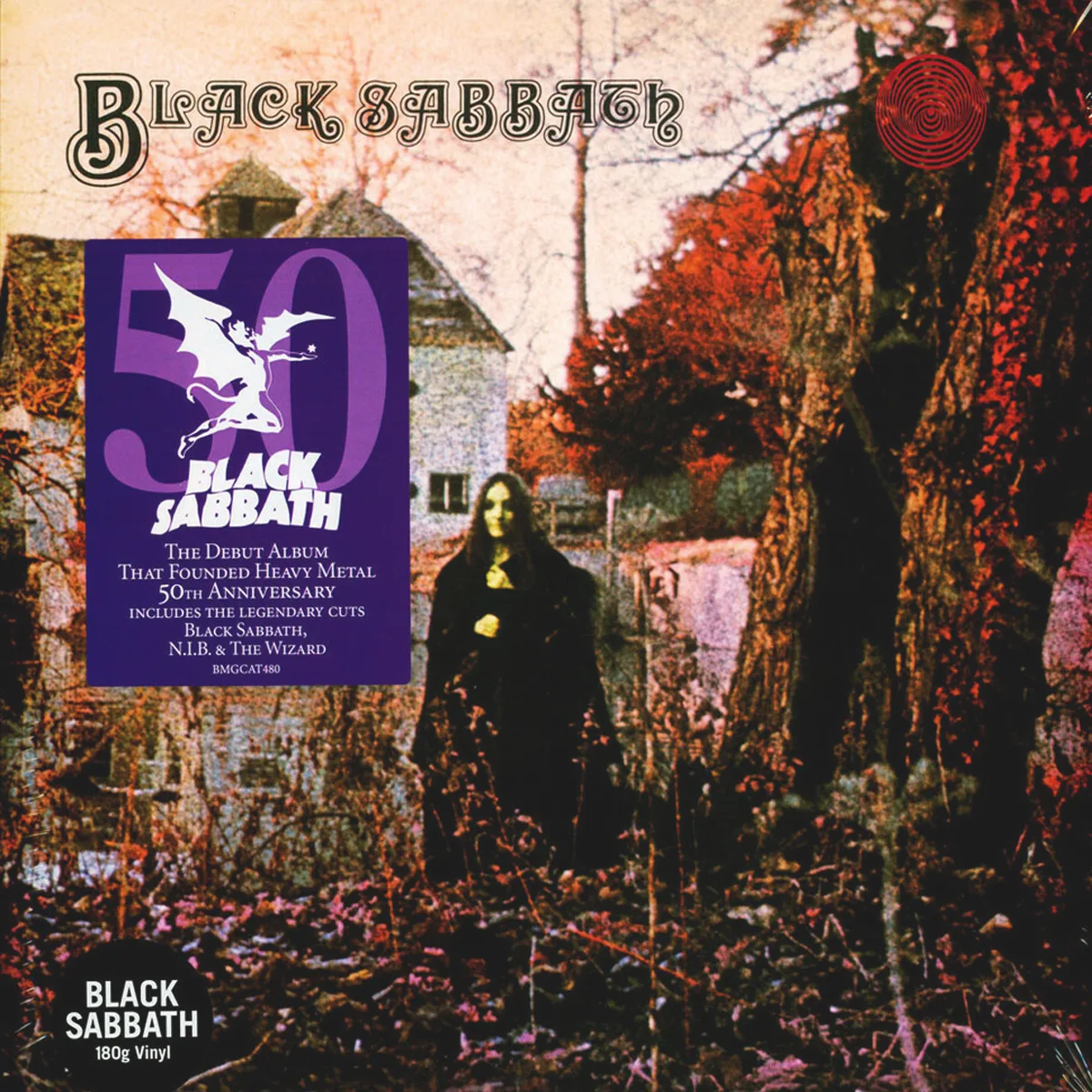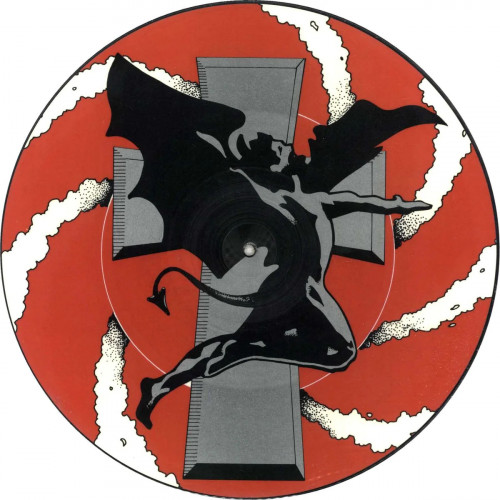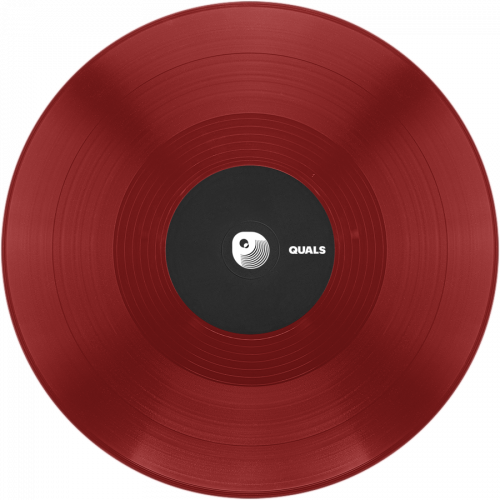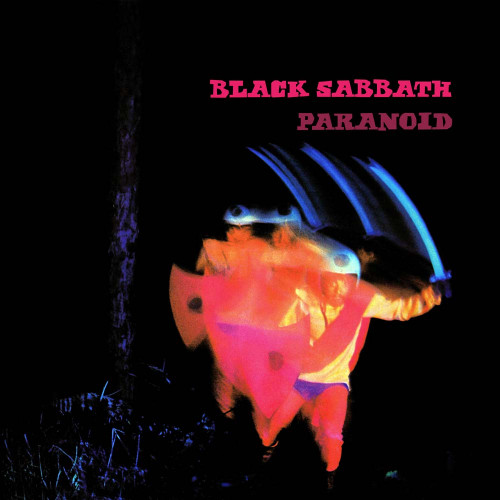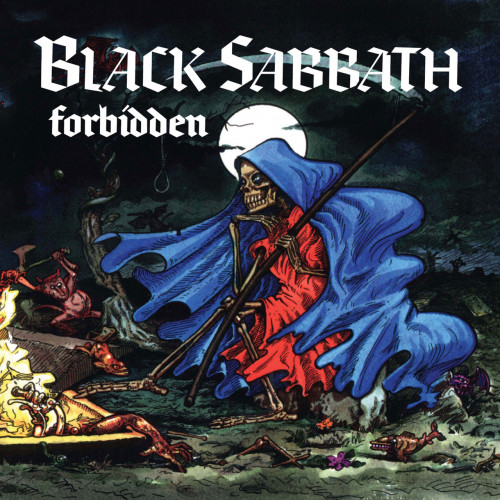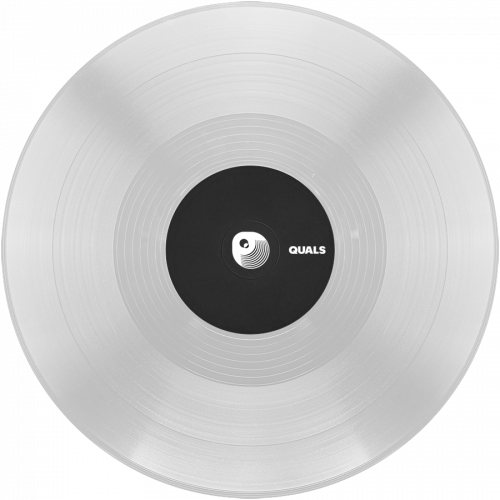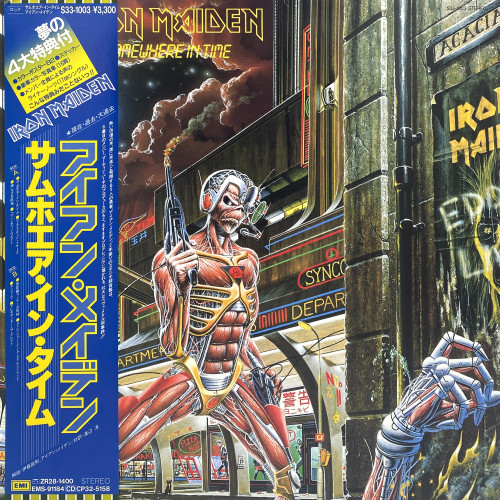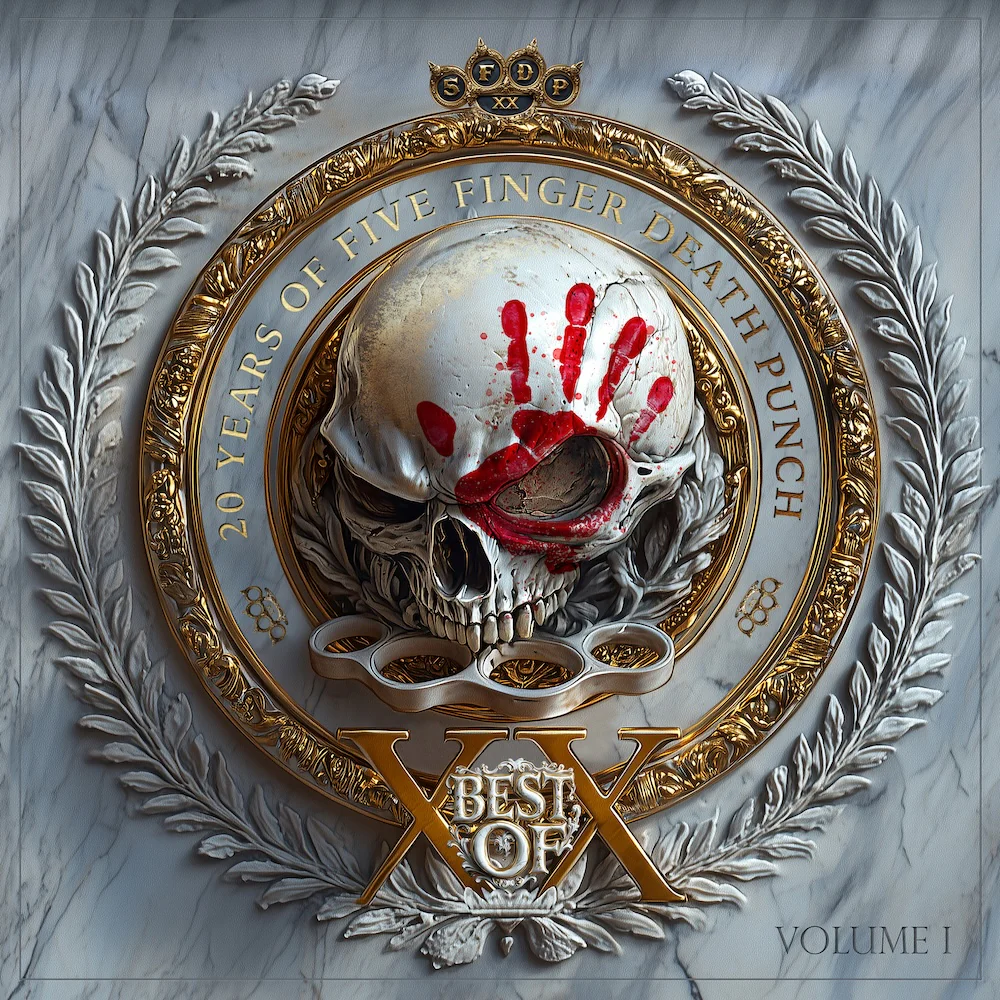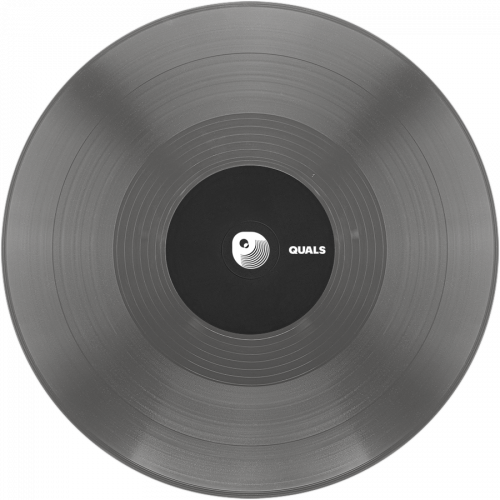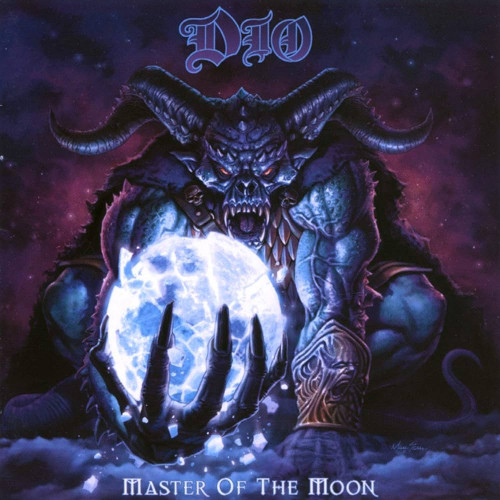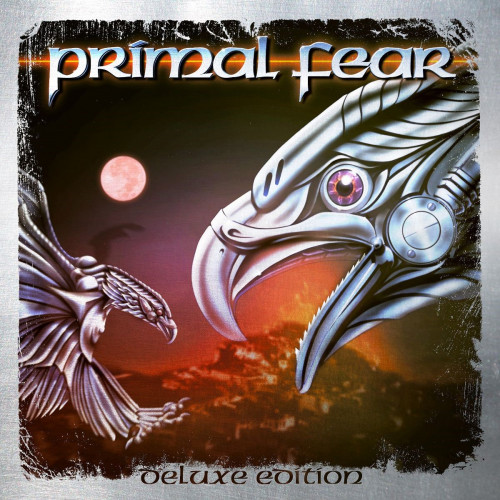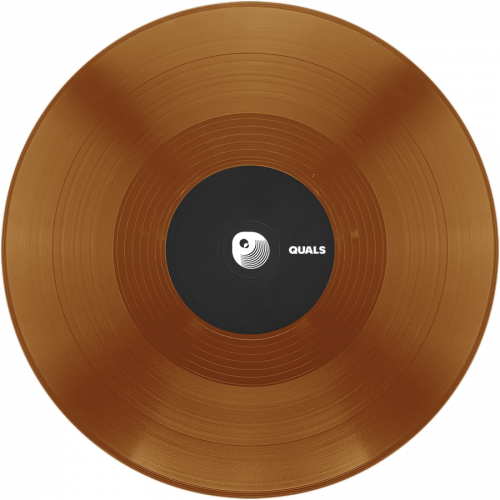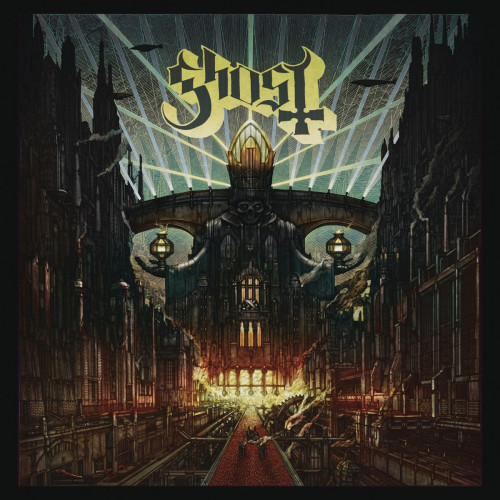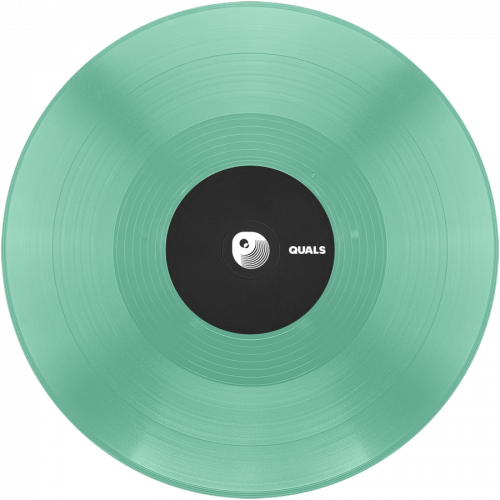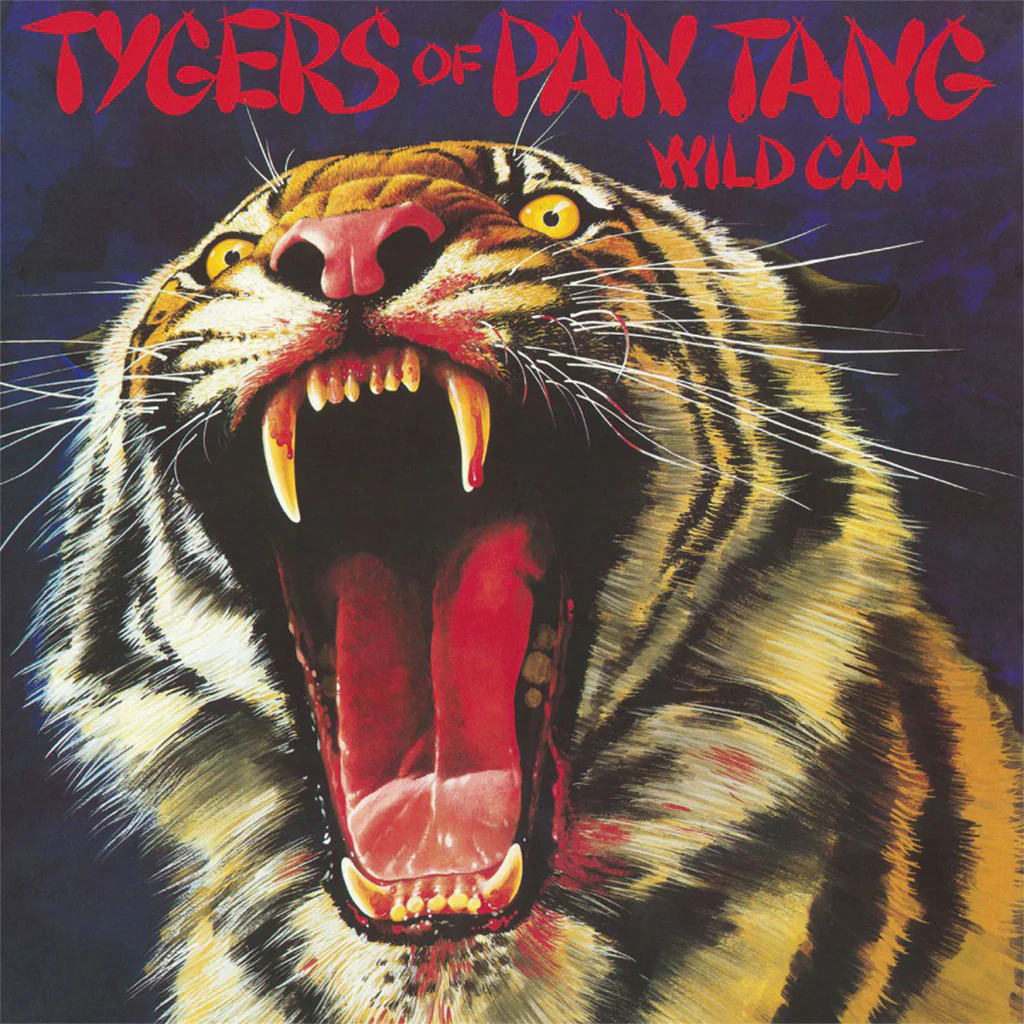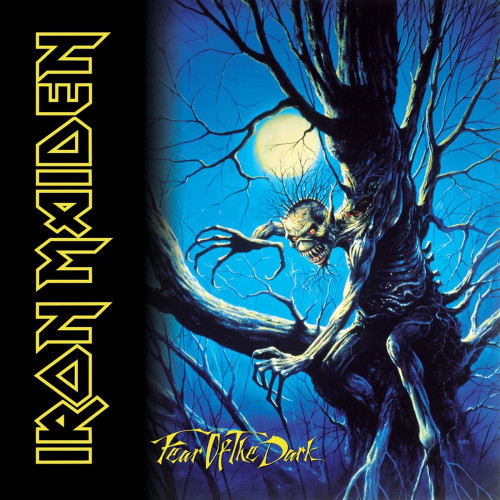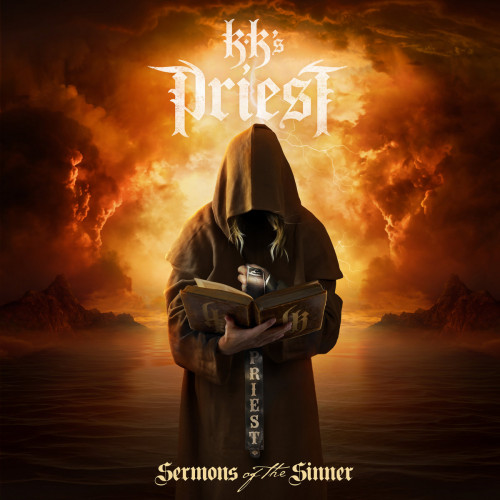From the first seconds of the song ‘Black Sabbath,’ the listener is enveloped by a heavy, cold riff, like winter fog, built on a tritone—an interval considered ‘devilish’ in the Middle Ages. Ozzy Osbourne isn't just singing here—he seems to be warning us of something sinister approaching. Next comes ‘The Wizard’ with its unexpected harmony of harmonica and guitar, revealing the band's blues roots. ‘N.I.B.’ is another masterpiece in which Geezer Butler's bass practically carries the song, while Iommi's guitar weaves dark but hypnotic riffs into the structure.
The album is striking in its rawness. There are no complex studio tricks or glossy sounds here — just four musicians playing as honestly and powerfully as they can. The heaviness of the material is reinforced by slow tempos, an atmosphere of menace, and lyrics that range from mysticism to social issues.
At the time of its release, critics didn't know what to make of it, calling the record primitive and overly gloomy. But it was this simplicity and sincerity that became the foundation of a new genre. Today, Black Sabbath is considered a classic: an album that defined the sound of doom metal, inspired countless bands — from Metallica to Sleep — and still sounds as fresh and terrifying as ever.
It's not just music — it's an atmosphere that changes you after listening. Black Sabbath is like the first page of a dark book that you want to keep reading, even though you know the ending will be terrifying.
